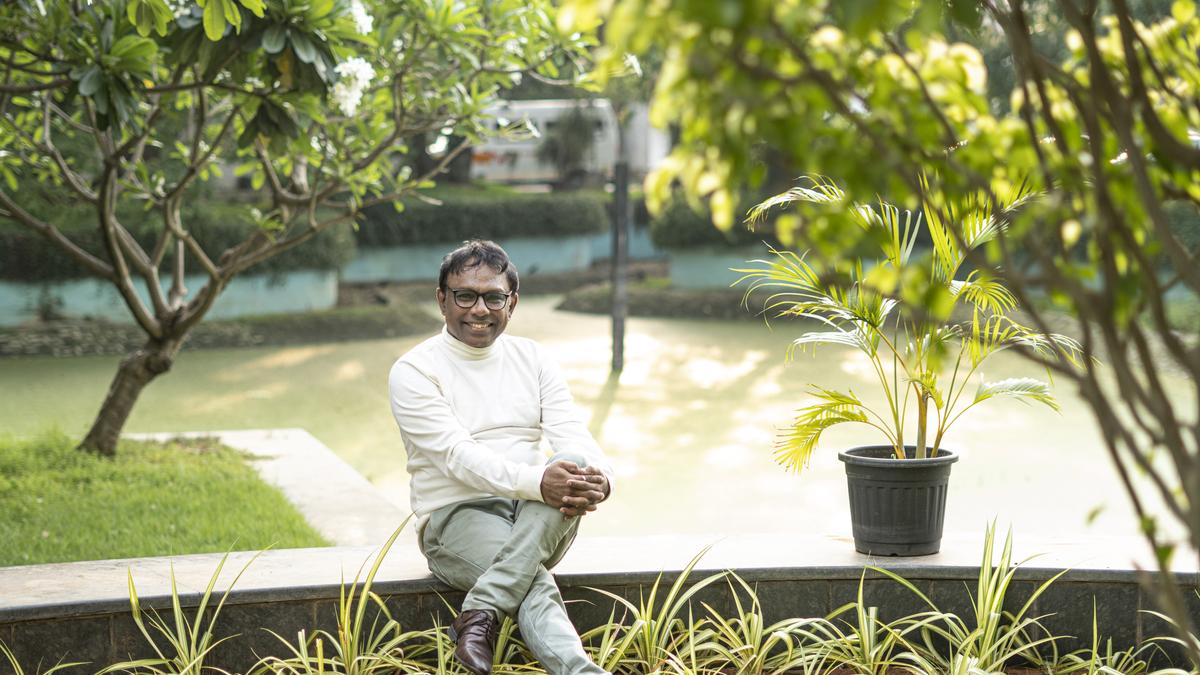
What if Beethoven composed a Carnatic kriti?
The Hindu
Music composer Ramesh Vinayakam's musical experiment reveals a surprising connection between Beethoven’s ‘Fur Elise’ and a Carnatic music kriti.
A lot of things can happen over a coffee break. In music composer Ramesh Vinayakam’s case, it certainly did.
At the Goethe Institute in Chennai, the composer was speaking with Sebastian Grams, double bass player, and Jeremy Woodruff, now in Graz University, over a coffee break when he launched into a Carnatic kriti. He sang phrases from ‘Thiruvarul thara varuvai’ and asked if it sounded familiar.
“It’s beautiful. The end sounds familiar, but we can’t put our finger on it,” they said.
It was a little musical puzzle that Ramesh had conjoured, and the climax blew the visitors away. The kriti has the same notes as Ludwig van Beethoven’s popular ‘Fur Elise’, which they discovered to great astonishment. “To me, it proved something I believe in: the oneness of music,” says Ramesh, about his musical experiment, which he recorded and posted on YouTube recently.
‘Thiruvarul thara vVaruvai’ is based on a raga that Ramesh calls ‘Beethovanapriya’ and is inspired by a simple idea: what if Beethoven was born in South India?
“This hypothesis lead me to ‘Thiruvarul thara varuvai’ where I used the melodic elements of the first section in A minor and stuck to it,” he recalls, “Beethoven was a great inventor and I reckon he would have been enamoured by the intricate microtonal gamakas of Indian music that beautifies his own music differently.”
‘Thiruvarul thara varuvai’ was performed by Ramesh during a lec-dem at the December music season soon after its conception, but in 2018, Carnatic musician Abhisekh Raghuram sang it accompanied by Mylai Karthikeyan (nagaswaram) and L. Ramakrishnan (violin), an attempt that met with rapturous applause.




















 Run 3 Space | Play Space Running Game
Run 3 Space | Play Space Running Game Traffic Jam 3D | Online Racing Game
Traffic Jam 3D | Online Racing Game Duck Hunt | Play Old Classic Game
Duck Hunt | Play Old Classic Game











